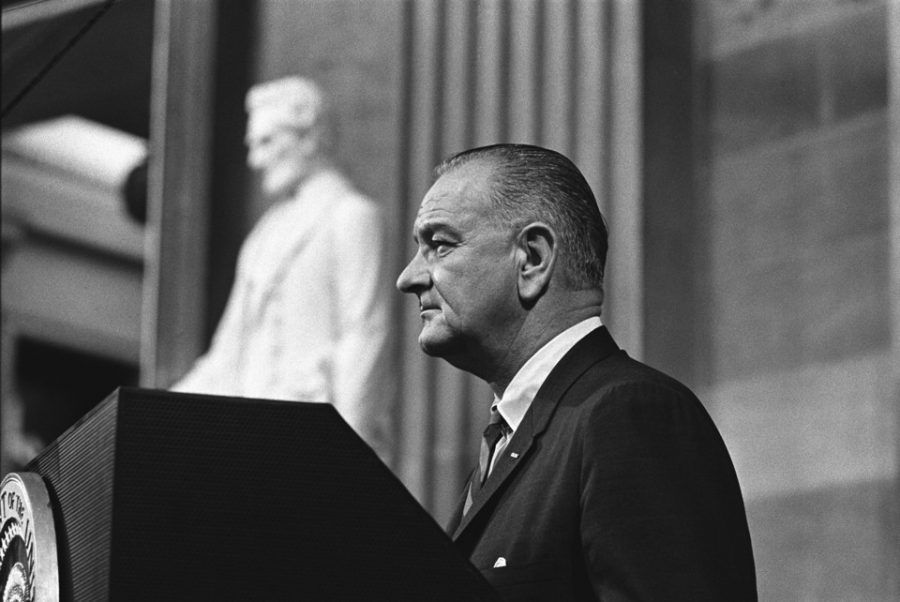Lyndon B. Johnson
Lyndon B. Johnson was the 36th president of the United States from 1963 to 1968, succeeding the short presidency of John F. Kennedy. His signature “Great Society” campaign pushed forward new fronts in civil rights, Medicare, Medicaid, education assistance, rural and urban development, public services, and the “War on Poverty.” During his presidency, he signed the Voting Rights Act, which banned barriers for African Americans to vote. On July 2, 1964, he passed the Civil Rights Act of 1964, which was the landmark civil rights law in the United States that prohibited discrimination on color, race, religion, and national origin. Under Johnson’s presidency, the Immigration and Nationality Act of 1965 was also passed, which reformed the immigration system in the United States to encourage greater immigration. Contemporary historians labelled his presidency as the peak of modern liberalism in the post-New Deal era.
